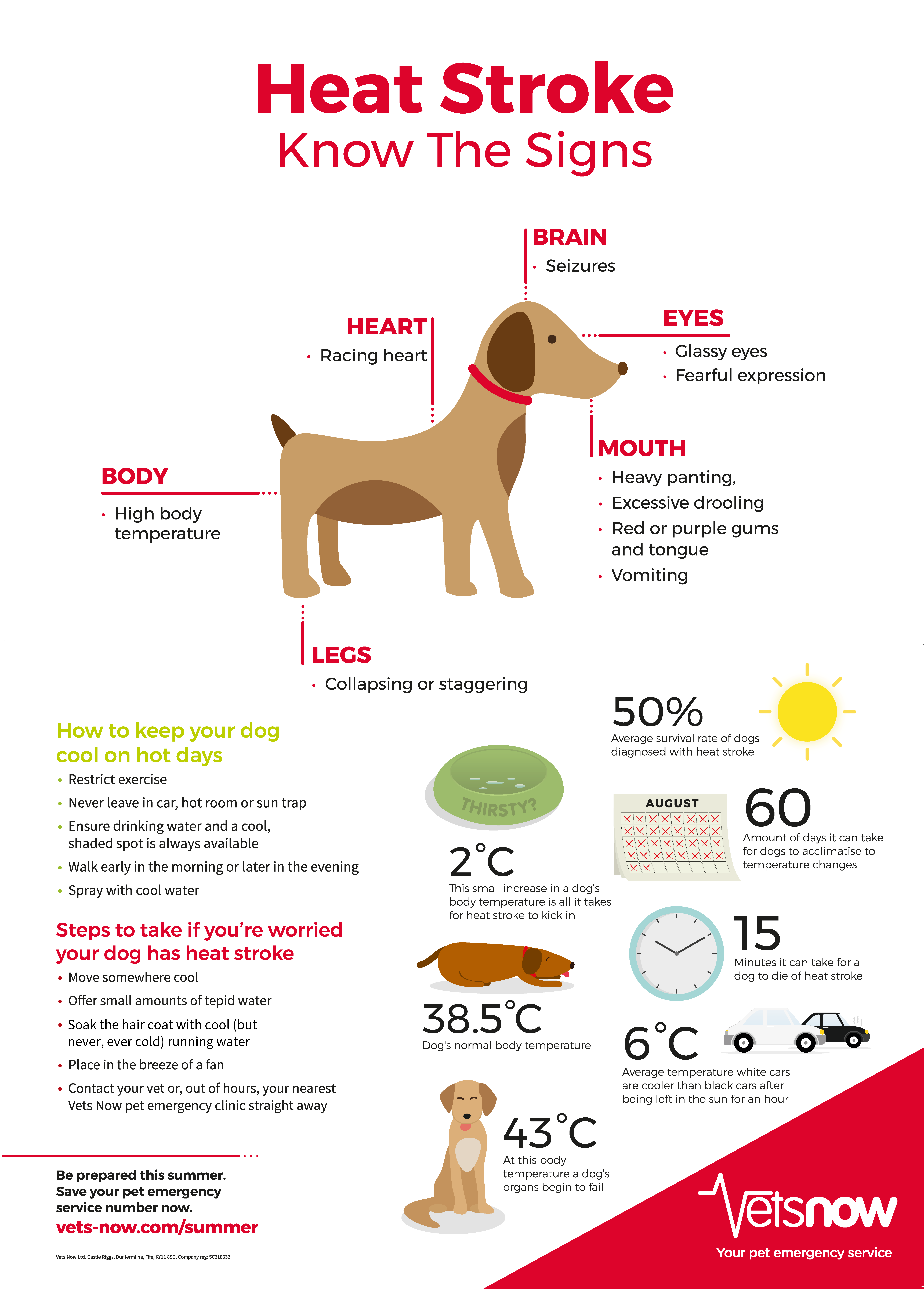Where Can I Adopt A Dog
Where Can I Adopt A Dog
Blog Article
Can Pet Dog Childcare Reason Disease?
Canines in daycare obtain great deals of workout, socialization with various other pet dogs and distinct experiences. This can be particularly handy for pups and canines with behavioral concerns.
There are numerous lawful considerations you need to take into consideration when beginning a doggy daycare company. These include the structure of your company and conformity with federal government laws.
1. Canine Distemper
Canine distemper is spread out via straight contact with the physical liquids and waste of a contaminated dog, but it can also be transmitted through shared water and food bowls or with air-borne beads. This very transmittable illness is most dangerous for puppies, however it can affect pet dogs of any type of age and is deadly for a lot of if left unattended.
First symptoms of canine distemper frequently imitate a cold, including drippy eyes and nose with watery or pus-like discharge. As the illness advances, a pet dog will certainly establish high temperature, coughing, minimized hunger, throwing up and looseness of the bowels. The infection can likewise assault the nerve system, leading to seizures, jerking and partial or total paralysis.
Credible childcares minimize direct exposure to infection by needing inoculations, routine health examinations and comply with stringent hygiene protocols. If your pup appears extremely worn out or limping, a day of rest may help him recover, but you need to stay clear of taking him back to childcare up until these signs improve.
2. Kennel Cough
Kennel cough, also called transmittable canine tracheobronchitis or Bordetella, is an extremely infectious viral or bacterial disease that affects the respiratory system system. It's frequently moved through the exchange of saliva or air droplets that an unwell pet breathes out. Social canines are at greater threat for infection because of their frequent communication with each other, such as when they play, share food or water, sniff one another or merely satisfy in a congested environment like a pet park or day care.
The most usual signs and symptom of kennel cough is a persistent and strong coughing that sounds like something embeded the throat or retching. Commonly, pet dogs will cough up foamy white phlegm. If left without treatment, a canine can develop pneumonia and go to severe risk permanently.
A trustworthy childcare facility should have rigorous cleaning and hygiene methods, sterilize all toys, food and water bowls regularly, and be open concerning their inoculation policies. Maintaining your canine up to day on their vaccinations, specifically for bordetella and canine flu, will considerably reduce their opportunities of acquiring the illness.
3. Parvovirus
Canine parvovirus, or parvo, is a very contagious viral illness that can be dangerous for young puppies and young adult pet dogs with poor body immune systems. It's most typically spread out by direct contact with contaminated pet feces-- which can occur when pets sniff, lick, or taste contaminated feces-- and indirectly from contaminated individuals, objects, or settings (like kennels, grooming areas and yards). Pups and pet dogs without complete inoculation histories are specifically vulnerable to parvo.
The infection is incredibly resistant, making it through in the environment for approximately nine years, and can conveniently be transferred in between canines by call with feces or on shoes, clothes, and bedding polluted with parvovirus. If not dealt with instantly with IV liquids, electrolyte balance, throwing up control medicines and anti-biotics to avoid second bacterial infections, a pet will quickly dry out and develop extreme diarrhea, which causes shock and sepsis. Parvo is tough to cure when a dog has actually become ill, however with ideal veterinary treatment, numerous pups do survive this health problem.
4. Canine Influenza
Pooch influenza infection is highly infectious and spreads via direct call, sharing food and water bowls, licking or nuzzling other pet dogs, via airborne beads, and via contaminated surface areas. Inoculation is effective in minimizing the threat of infection and outbreaks.
A lot of affected canines create a mild breathing infection with a coughing that lasts 1-3 weeks. They might also have nasal and eye discharge, sneezing, and sleepiness. Some of one of the most significant cases lead to pneumonia and a high fever.
If your pet exhibits dog daycares near me any of these signs and symptoms, do not bring them back to daycare up until they are healthy and balanced. If your pet is showing indications of severe fatigue or limping, speak to your veterinarian right away and make certain they get on healthiness supplements to help develop their resistance. A vet will certainly evaluate your canine for signs of the influenza by taking an example from the nose or throat, and blood tests can be done to confirm.